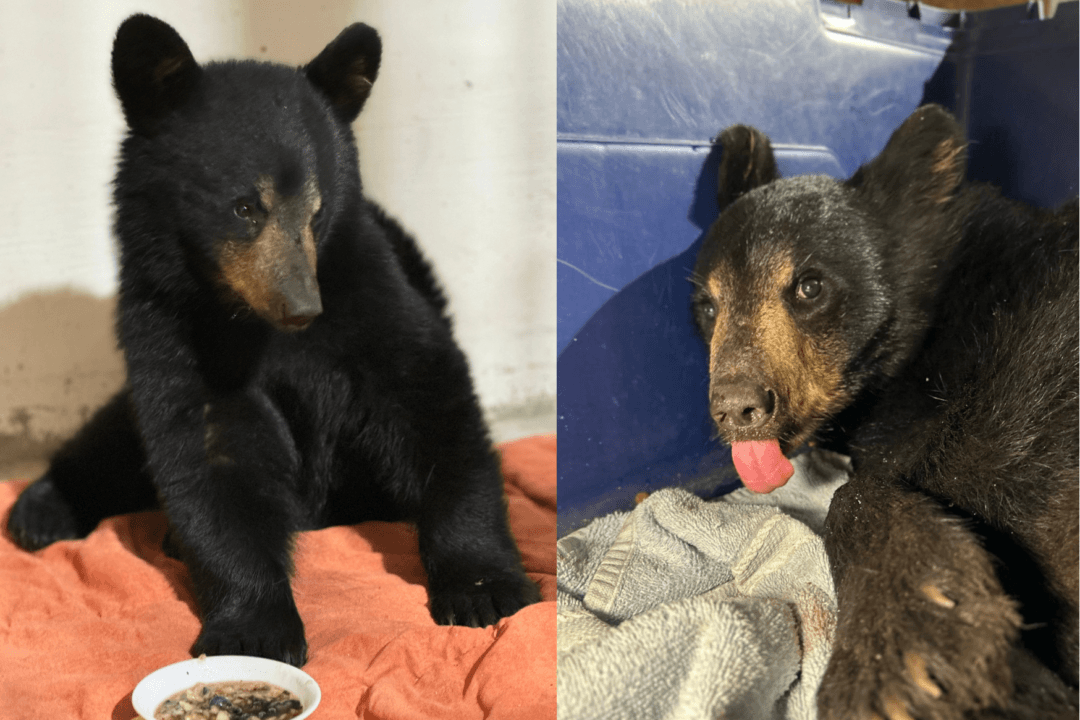A motorist who found an injured bear cub in the middle of the road in Northern Ontario took it into his van for a 10-hour drive to Windsor, feeding it Taco Bell takeout before eventually finding a wildlife rescue centre to take it in.
The van driver found the bear on the road in Cochrane, according to Myriam Armstrong, executive director at Chatham’s Pet and Wildlife Rescue Centre, about an hour from Windsor.





